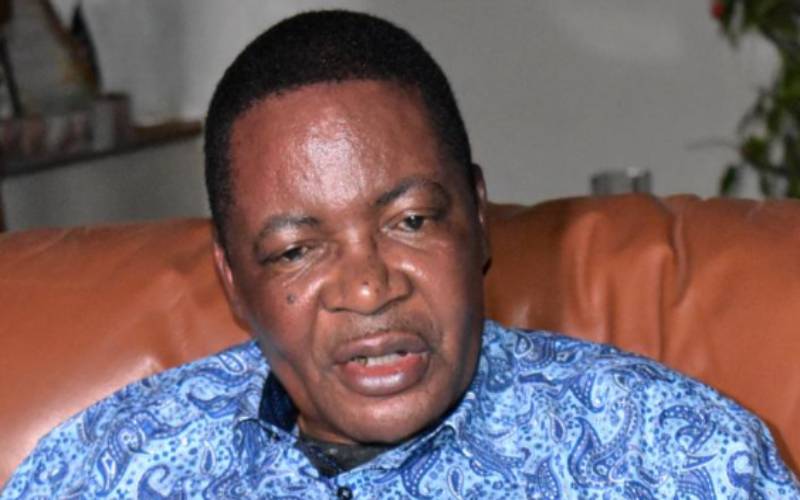×
The Standard e-Paper
Smart Minds Choose Us

Former Speaker of the National Assembly Kenneth Marende has dropped his interest in the Vihiga governor seat.
This is after Azimio la Umoja-One Kenya presidential candidate Raila Odinga fronted him for the Senate Speaker seat should he (Raila) win the August 9 presidential election.